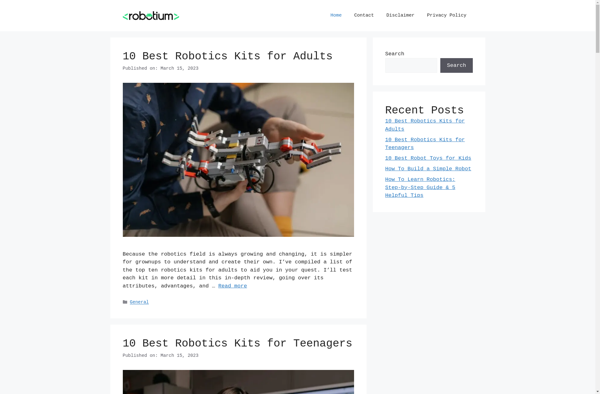Description: Calaba.sh is an open-source test automation framework for mobile apps. It allows testing native and hybrid apps on iOS and Android using JavaScript or Ruby scripts. Key features include cross-platform support, integration with CI tools, and image-based testing.
Type: Open Source Test Automation Framework
Founded: 2011
Primary Use: Mobile app testing automation
Supported Platforms: iOS, Android, Windows
Description: Robotium is an open-source test automation framework for Android apps. It allows writing robust automatic black-box test cases for Android applications in a simple way.
Type: Cloud-based Test Automation Platform
Founded: 2015
Primary Use: Web, mobile, and API testing
Supported Platforms: Web, iOS, Android, API

